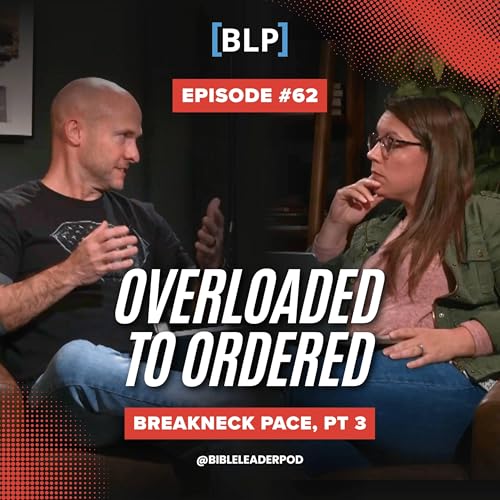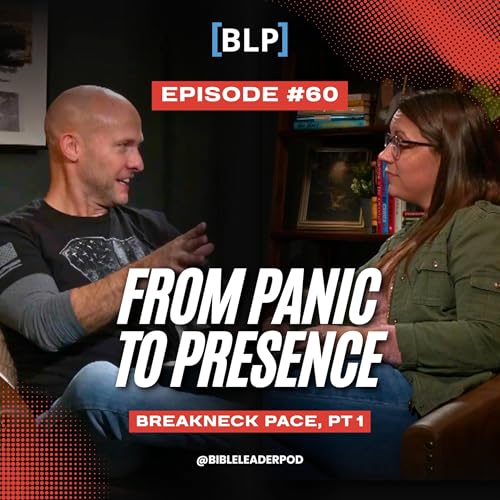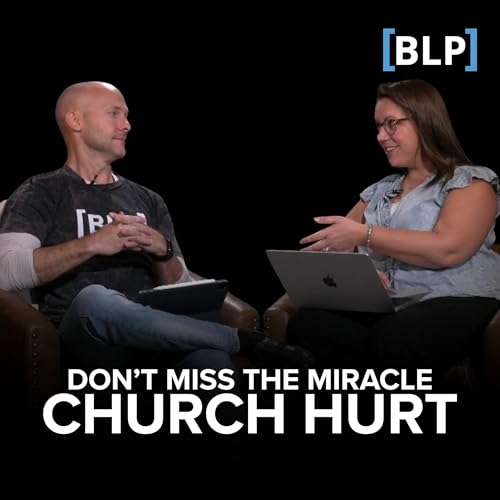The wilderness is the workshop of the soul—where God reshapes your heart for what’s next. In Part 2 of our Wilderness series, Dr. Mark Carter and Erica Adkins dive deeper into how to lead yourself and others through those confusing, in-between seasons when God’s promise hasn’t yet become reality. From church transitions and burnout to personal loss and leadership wounds, they explore what it means to stay faithful, grounded, and hopeful when everything feels disoriented. This conversation helps leaders recognize what’s “normal” in the wilderness—and how to find God’s hand when you can’t see the way forward.
📋 Key Takeaways ✅ The wilderness is not punishment—it’s preparation. God is forming your faith and character in the in-between.
✅ Great leaders name what’s happening: “This might just be a wilderness.” Awareness helps your people stay calm and grounded.
✅ High communication and clarity protect your people when everything feels unstable.
✅ Every wilderness reveals the limits of your own strength and deepens your dependence on Jesus.
✅ Before you can lead others well, you must first let God lead you through your own disillusionment, fear, and false securities.
💬 Quotes & Soundbites “Sometimes leadership in the wilderness just means saying, ‘What you’re feeling is normal—God’s still faithful.’”
“Jesus is the only one who will never leave you. Everything else can be taken, but He remains.”
"Is it possible that some of what you've lost, it's not because you're so bad, and it's not because you're just a person nobody wants to be around? Instead, it's because, in his mercy, God is teaching you to cling to only Jesus, because that's really the only rock. That's the anchor, dude."
🛠️ Next Steps for Listeners Action Step:
Name your wilderness. Ask, “What might God be forming in me right now?” Then communicate clearly and calmly with those you lead—faith always flourishes in clarity.
Reflection Prompt:
Where have you been tempted to panic, retreat, or doubt God’s timing? What would it look like to trust that He’s still leading—even when you can’t see the map?
Recommended Resource: 📝 Read: Emotionally Healthy Relationships by Peter Scazzero — for practical tools on staying grounded and connected through conflict and change.
📺 Watch: Bible Leadership Podcast – Wilderness Part 1
 Nov 19 202523 min
Nov 19 202523 min Nov 12 202533 min
Nov 12 202533 min Nov 5 202528 min
Nov 5 202528 min Oct 29 202546 min
Oct 29 202546 min Oct 22 202544 min
Oct 22 202544 min Oct 15 202543 min
Oct 15 202543 min 24 min
24 min 23 min
23 min
